TREATMENTS
Sedation Teeth Treatment in Lahore
Sedation Teeth
Dental sedation is commonly used for individuals who may The choice of sedation depends on factors such as the patient’s medical history, the complexity of the dental procedure, and the level of anxiety. Sedation dentistry aims to make dental visits more comfortable and stress-free for patients, ensuring they can receive necessary dental care without undue apprehension
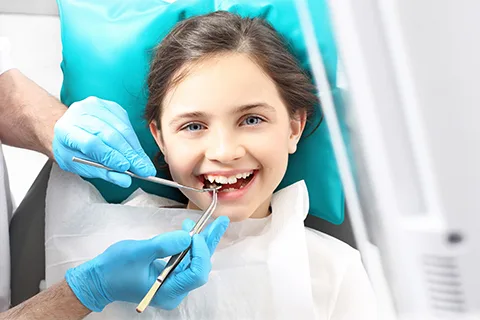
- Functional Impairment
- Aesthetic Concerns
- Speech Difficulties
- Preventing Tooth Migration
- Preserving Bone Health
- Improving Oral Health
- List Item #1
- List Item #2
- List Item #3
Types Of Sedation Teeth
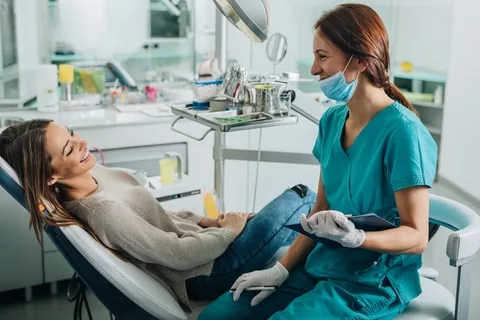
Minimal Sedation
This is the mildest form of sedation, where the patient remains awake and alert but feels relaxed. It is often achieved using oral medications or nitrous oxide
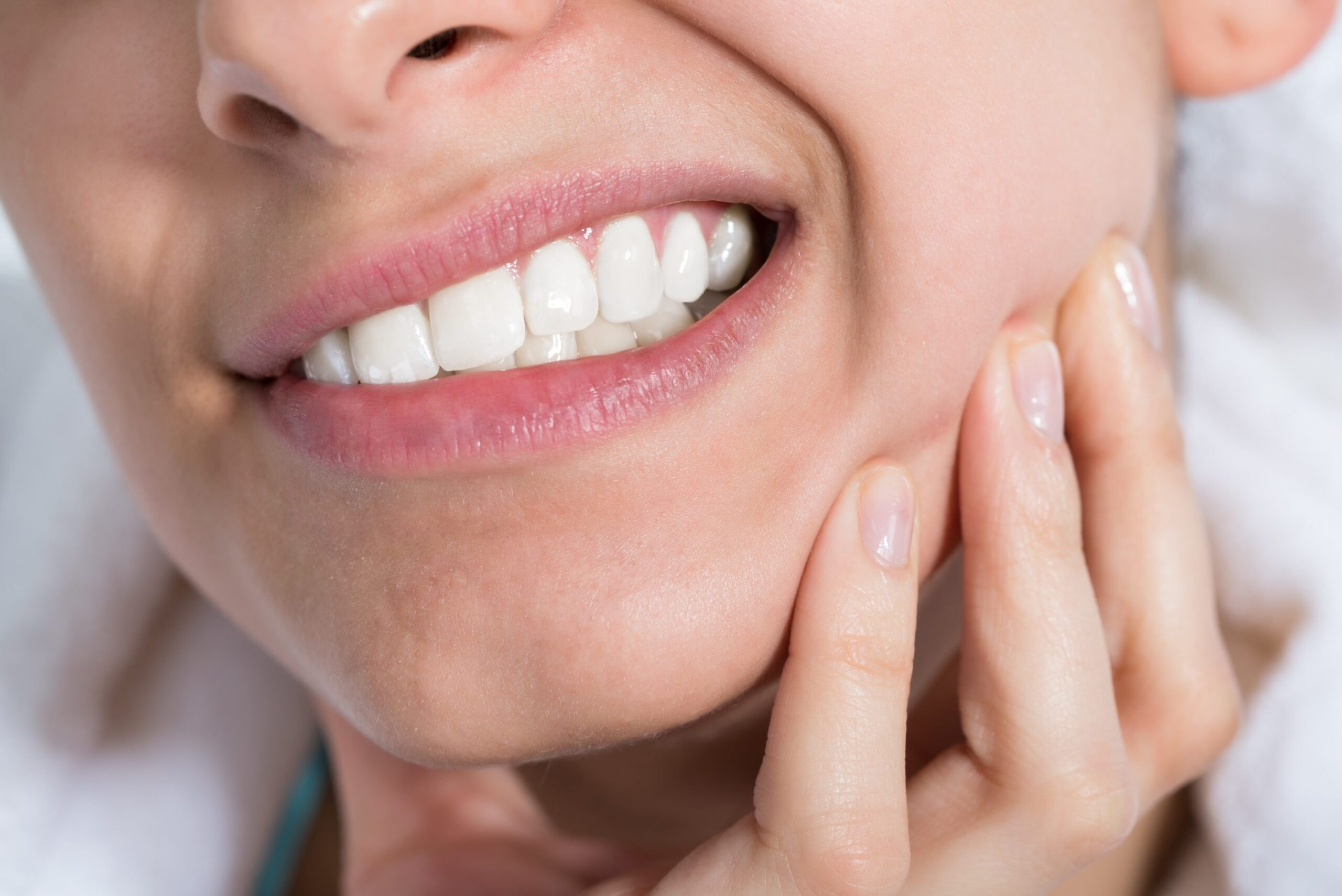
Nitrous Oxide Sedation
Commonly known as “laughing gas,” nitrous oxide is inhaled through a mask. It induces a state of relaxation, and its effects wear off quickly after the gas is turned off.
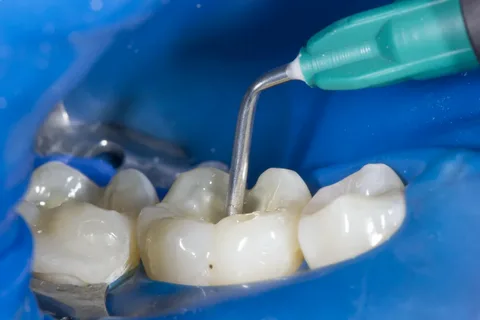
Local Anesthesia
While not a sedation method per se, local anesthesia involves the injection of anesthetic agents to numb a specific area of the mouth.
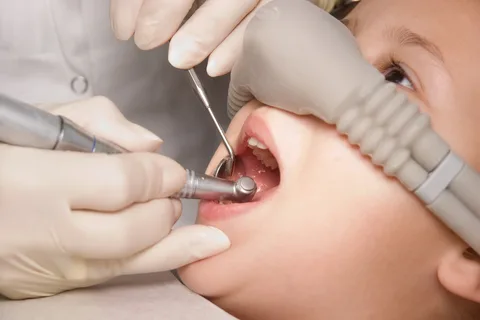
Intravenous
Medications are delivered directly into the bloodstream through a vein, inducing a deeper level of sedation. Patients may be in a semi-conscious state, experiencing reduced awareness of the procedure.
CAUSES OF SEDATION TEETH
The most significant factor is often genetics. If your parents had crooked teeth or a misaligned bite, there’s a higher likelihood that you may also experience similar dental issues The size and shape of the jaw can influence the alignment of teeth. If the jaw is too small to accommodate all the teeth comfortably, it may lead to crowding and misalignment.
Dental Anxiety or Phobia
Fear or anxiety related to dental procedures is a prevalent reason for using sedation.
Complex or Invasive Procedures
Sedation may be used for more extensive or invasive dental procedures to ensure the patient's comfort and cooperation.
Reducing Gag Reflex
Some patients have a sensitive gag reflex, which can make dental procedures challenging.
Pediatric Dentistry
Sedation is often employed in pediatric dentistry to help children .
sedation teeth
Symptoms of Sedation Teeth
- Oral Sedation
- Nitrous Oxide
- Intravenous
- Pain Management
- Medical Conditions
- Bone Loss
How To Take Care Missing Teeth
Taking care of your oral health, especially when you have missing teeth, is important to prevent complications and maintain overall well-being. Here are some tips on how to care for missing teeth:
Floss Regularly: Floss between your remaining natural teeth and around dental appliances to remove plaque and prevent gum disease. If you have dental bridges or implants, use floss threaders or interdental brushes for effective cleaning.
Use an Antiseptic Mouthwash: Rinse your mouth with an antiseptic or fluoride mouthwash to help control bacteria and maintain oral hygiene. Consult your dentist for recommendations based on your specific needs.
Visit Your Dentist Regularly: Schedule regular dental check-ups, even if you have missing teeth. Your dentist can monitor the health of your remaining teeth, assess your gum health, and address any concerns promptly.
Consider Dental Appliances If you have missing teeth, your dentist may recommend dental appliances such as bridges, dentures, or implants to restore function and aesthetics. Follow your dentist’s instructions for care and maintenance of these appliances.
FAQs
Dental sedation involves the use of medications to help patients relax and remain calm during dental procedures.
Sedation is considered for patients with dental anxiety, fear, or those undergoing extensive procedures to enhance comfort and reduce stress.
Common types include nitrous oxide (laughing gas), oral sedatives, intravenous (IV) sedation, and general anesthesia, each offering varying levels of relaxation.
When administered by trained professionals, dental sedation is generally safe. The dentist considers the patient's health history and monitors them throughout the procedure.
Oral sedation involves taking prescribed medications before the appointment to induce a relaxed and drowsy state during the dental procedure
After nitrous oxide or oral sedation, patients may be able to drive, but after IV sedation or general anesthesia, it is advised to have a responsible adult accompany them home.
